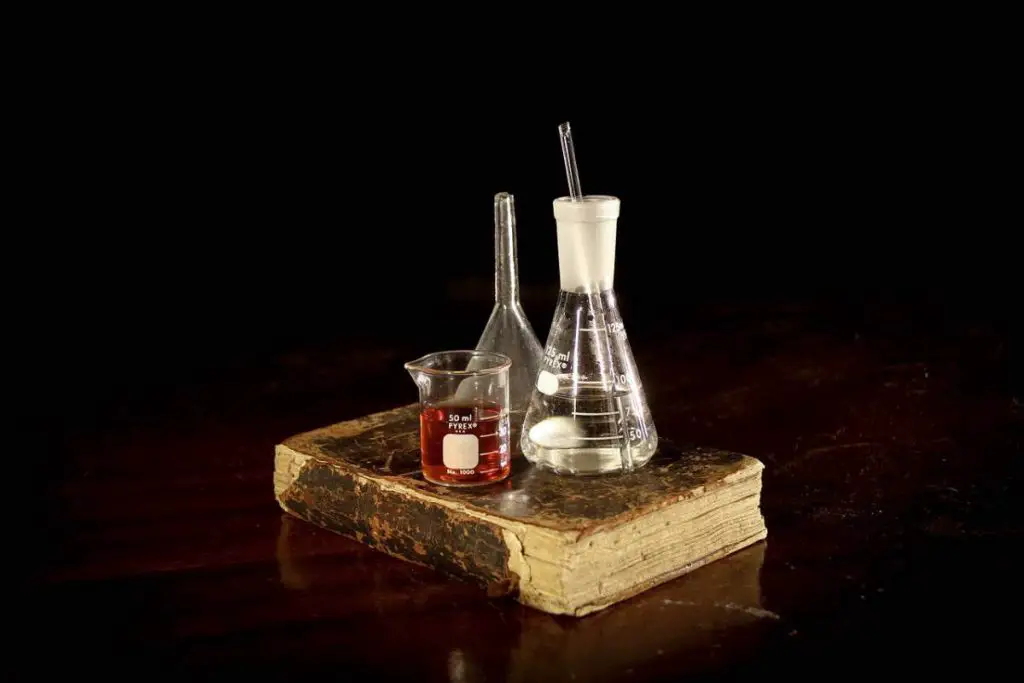Humans have been searching for the fountain of youth for centuries. We have overturned virtually every rock, we have looked under every leaf, and we have plumbed nature’s bounty in order to unlock the secret to eternal life and endless good health.
Along the way, con artists, charlatans, and even well-meaning dupes have introduced an array of “miracle cures” that have proven to be, at best, useless and, at worst, dangerous. Unfortunately, such quackery is by no means consigned to the trash heap of human history.
Modern-day snake oils are all too prolific today. The good news, however, is that they’re not terribly difficult to detect if you know what to look for.
Be Wary of Grandiose (and Unsubstantiated) Claims
One of the first and most important red flags to look out for when you’re trying to distinguish an effective health product from a marketing scam is the grandiose claim. If a product claims to be a panacea for everything from male pattern baldness to acne to cancer, you should be wary.
This is especially true if these ostensible miracle cures offer no credible evidence to back them up. Consumer products are subject to a host of regulations designed to ensure that they truly do what they are marketed to do. Pharmaceuticals, in particular, must undergo rigorous testing and multiple clinical trials before they are approved for use. Even after receiving approval from regulatory bodies such as the Food and Drug Administration (FDA), however, there are limitations in how these products can be marketed, what claims they can make, and at whom the products can be targeted.
Non-pharmaceutical health products, such as vitamins, supplements, and “natural” health products, on the other hand, are not required to receive FDA approval and receive far less regulatory oversight than pharmaceuticals.
This makes it much easier for producers and promoters to make outrageous claims while skirting what regulatory constraints exist. Take, for example, the self-described “health and lifestyle” website, Goop, which recently submitted to a six-figure penalty in civil court for posting unsubstantiated claims for health products promoted on the site.
What this means, ultimately, is that you should never trust a product that does not support its claims with credible evidence from a reputable source, such as the FDA, the American Medical Association (AMA), or the Centers for Disease Control (CDC).
Bear in mind, as well, that “scientific” data are only as reliable as their source, so if the data for a product aren’t easily accessible, comprehensive, and derived from an accredited authority, move on. This also means that if you don’t immediately recognize the source of the data, then you need to check the agency’s accreditation. Technology makes it simple for marketers to append official-looking seals and symbols to their product labels and marketing materials, giving the item an air of official legitimacy that it really doesn’t possess.

Beware of Influencer Testimonials
One of the greatest marketing tactics to emerge from the social media revolution is the use of influencers to hawk their health and beauty wares.
One particularly telling example is the recent furor over Teami’s incredible “weight-loss tea,” which was relentlessly promoted on Instagram by influencers such as Cardi B. Promoters espoused that their 30-Day Detox plan would produce dramatic weight loss without diet and exercise. The secret of the plan’s success, they asserted, was the detox tea’s proprietary blend of natural ingredients designed to boost the metabolism and accelerate fat burning.
The claims didn’t stop there, however, because, in conjunction with its miracle weight-loss tea, Teami also unleashed the power of the ‘Gram and its influencers to promote a range of powders, vitamin and mineral blends, and even lollipops purporting to do everything from cure migraines to suppress the appetite.
Don’t Buy the “All Natural” Hype
Another ubiquitous marketing ploy used to promote dubious health and beauty products is to highlight the product as “all natural.”
Many consumers, indeed, tend to presume that natural products will be safer and more effective than their manmade counterparts. Researchers have found, for example, that consumers often mistakenly perceive synthetic chemicals to be more toxic than natural substances, despite the fact that some of the deadliest agents in the world, such as the botulinum toxin, are derived from natural organisms.
In recent years, for example, cannabinoid-based (CBD) products have saturated the health and beauty market. CBD-based oils, tinctures, creams, and edibles have flooded the personal care industry, promising to relieve pain, reduce anxiety, and support skin health.
The Takeaway
We are all striving to look good and feel great for as long as we can. Unfortunately, unscrupulous or simply uninformed hucksters are often all too ready to exploit the human yearning for eternal youth by promoting snake oil in the guise of miracle cures. Fortunately, when you know what to look for, it’s not difficult to spot the difference.
- Miracle Drug or Snake Oil? How Consumers Can Tell the Difference - August 15, 2022
- Why Renewable Energy is a Geopolitical Issue - March 16, 2022
- Sustainable Trends in Manufacturing and Construction - January 28, 2022
